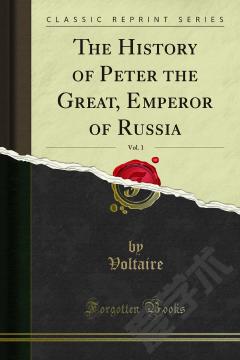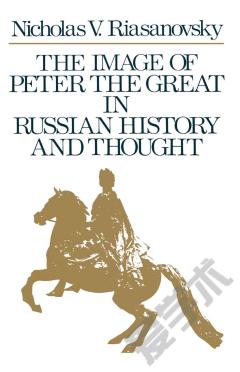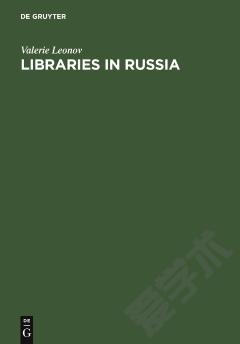The History of Peter the Great, Emperor of Russia
Who could have pretended to say, in the year 1700, that a magnificent and polite court would be formed at the extremity of the Gulf of Finland? That the inhabitants of Solikamsk, Kazan, and the banks of the Volga and Sok, would be ranked among our best disciplined troops, and gain victories in Germany, after defeating the Swedes and the Turks; that an empire two thousand leagues in length, almost unknown to us before, should in the space of fifty years become a well-governed state, and extend its influence to all the European courts? And that in 1759, the most zealous patron of learning in Europe, should be a Russian? Any one who had said this would have passed for the most chimerical mortal on earth. Peter the Great, therefore, who singly planned and executed this amazing and altogether unforeseen revolution, is, perhaps, of all princes, the one whose deeds are most worthy of being transmitted to posterity.
{{comment.content}}








 京公网安备 11010802027623号
京公网安备 11010802027623号